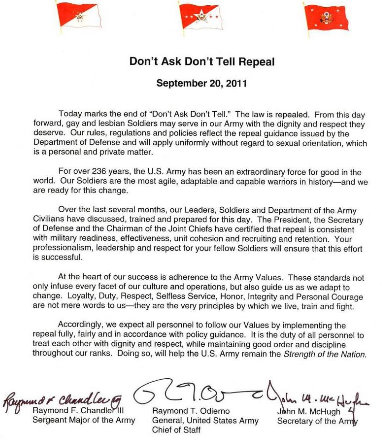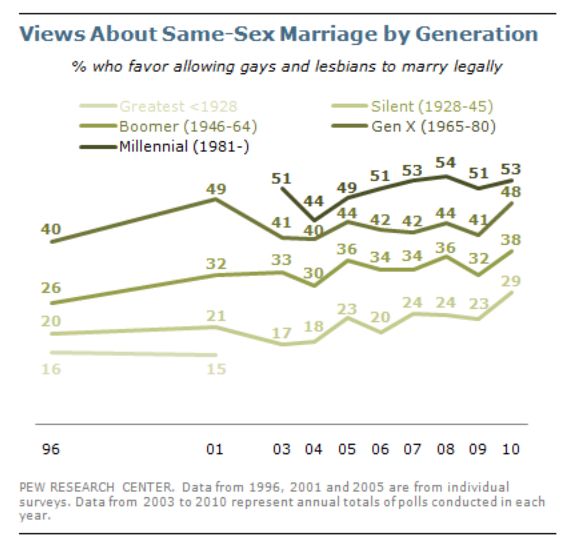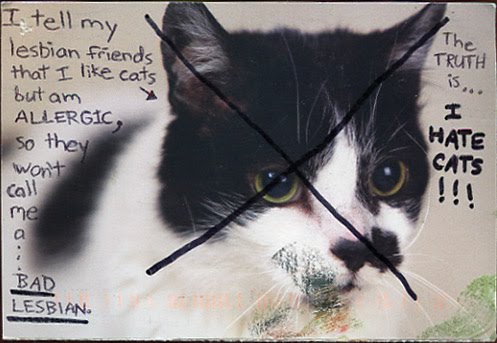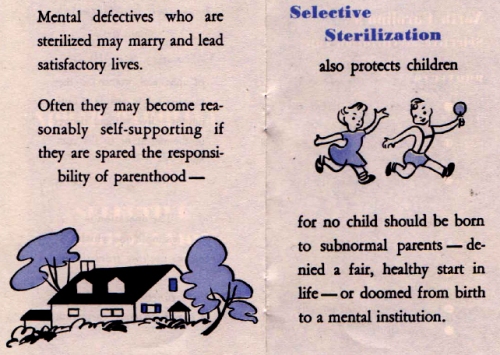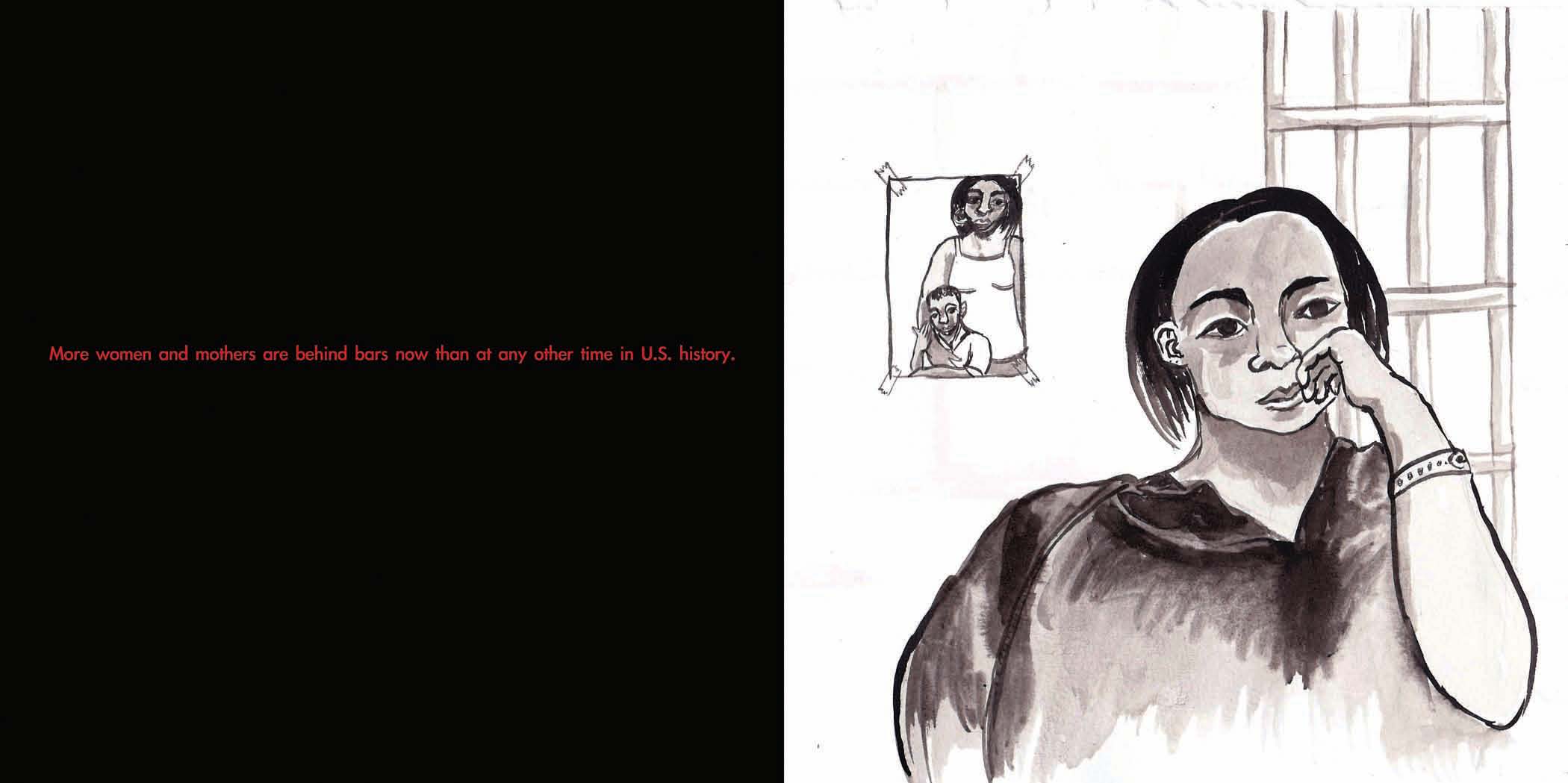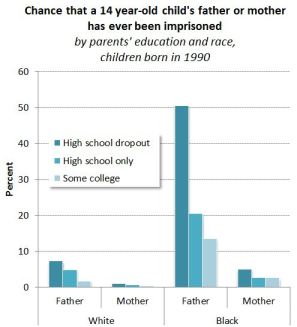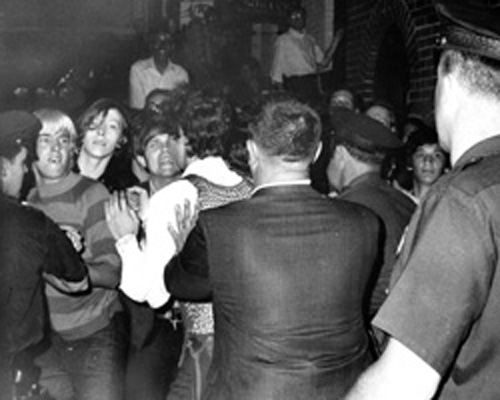As of today, Don’t Ask/Don’t Tell, the U.S. policy that allowed gays and lesbians to serve in the military only as long as they kept their sexual orientation a secret, is officially over. In honor of this milestone, here’s the official letter from top Army commanders to soldiers announcing the end of the policy:
Via Joe. My. God.
NPR posted interviews with two men who worked hard for repeal, and it’s worth a read.

